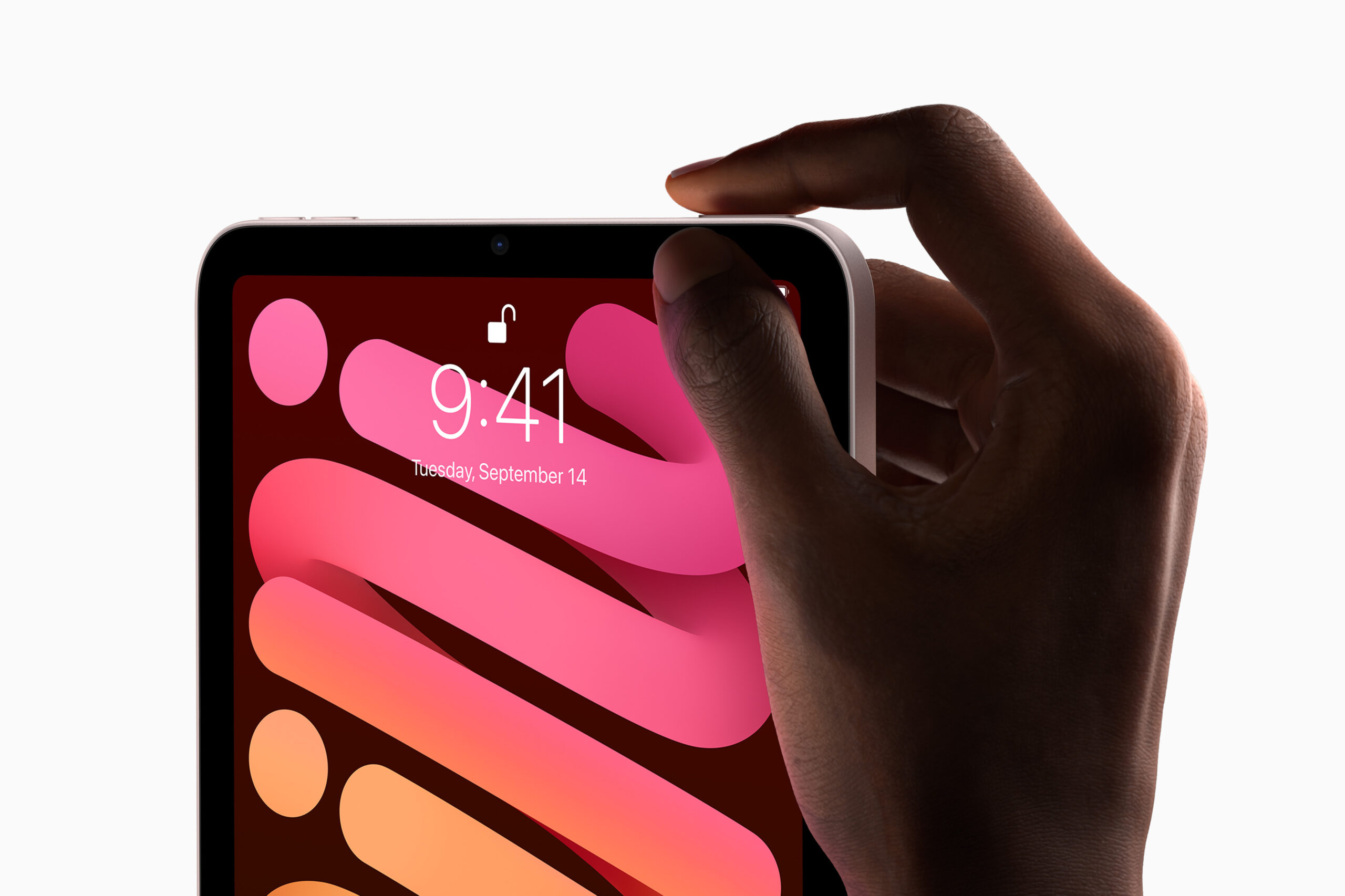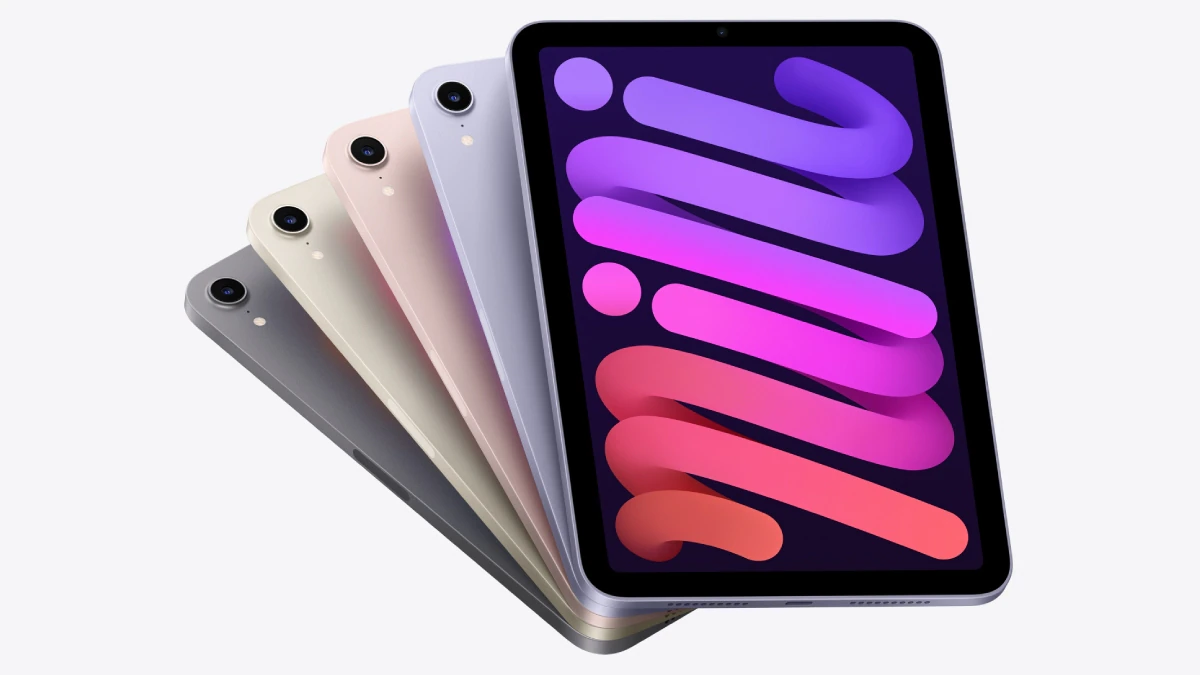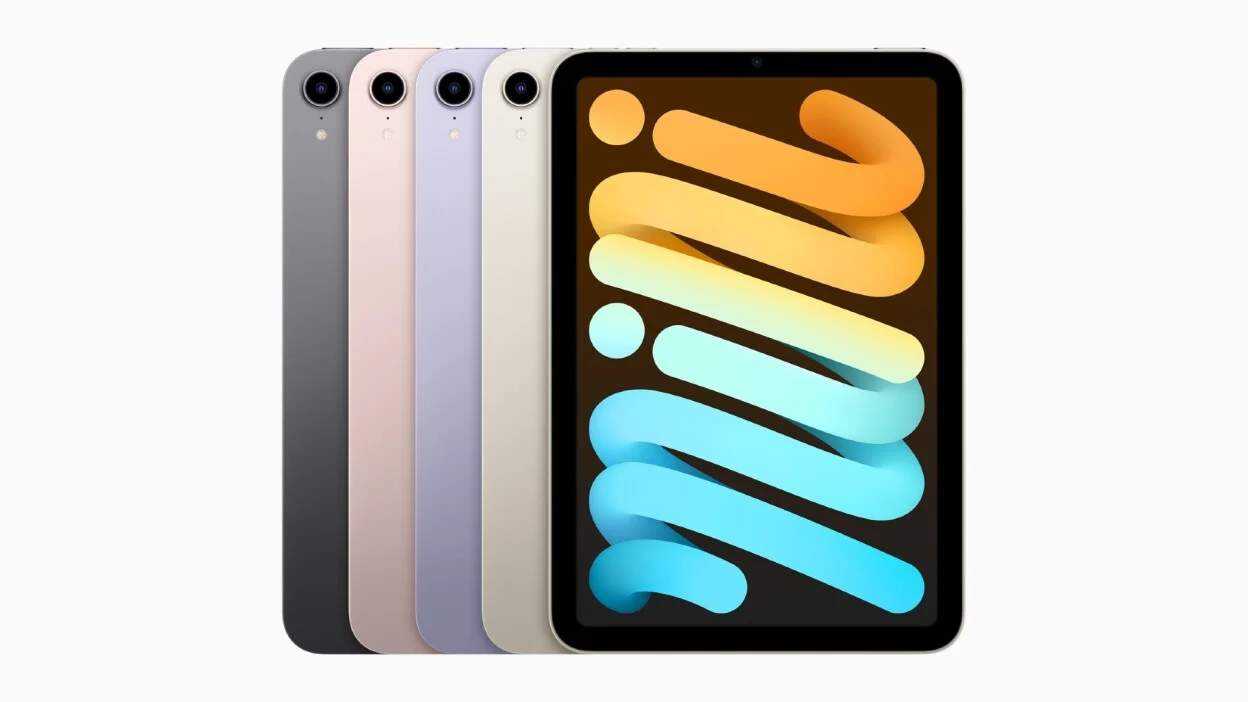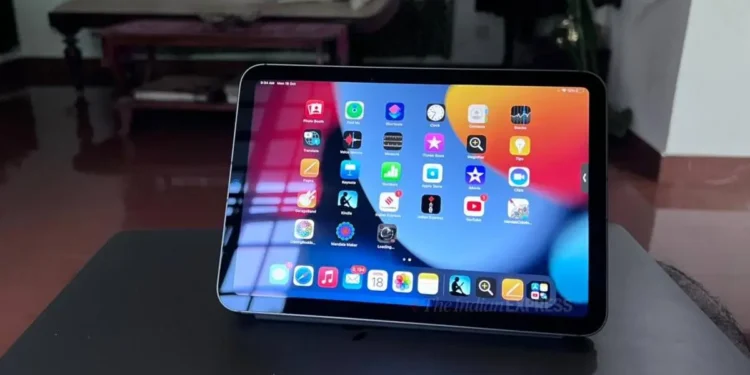Apple has once again captured the spotlight with the unveiling of the new iPad mini, showcasing its growing focus on artificial intelligence (AI) features. This much-anticipated upgrade marks the first significant refresh of the iPad mini in three years, and as the tech giant pushes forward, it leans heavily into AI, presenting a blend of anticipation and caution for consumers.

A Look at the New iPad Mini
Apple’s latest iPad mini boasts 8 gigabytes of memory and is powered by the same A17 Pro processor found in the iPhone 15 Pro lineup. This formidable hardware provides the necessary strength to support Apple Intelligence, the company’s newly branded AI platform. However, consumers looking for a plethora of flashy new features may find themselves a bit underwhelmed, as many of the touted capabilities are yet to launch.
Interestingly, while the iPad mini hits shelves on October 23, the much-anticipated Apple Intelligence won’t debut until five days later. This staggered release could leave early adopters needing to wait for a software update to unlock the full potential of their new device, a scenario that could frustrate some customers. Nonetheless, with Apple’s history of seamless operating system updates, the inconvenience is likely to be minimal.
The Promise and the Reality of Apple Intelligence
Apple has emphasized its AI features in the marketing materials for the iPad mini, highlighting four key functionalities. However, the reality is that three of these features will not be available until between December and March. The initial standout capability is a notification summary feature, which, while potentially useful, may not have the same allure as comparable offerings from rivals like Google and OpenAI.
“Internal research at Apple has revealed that OpenAI’s ChatGPT outperforms Siri by 25% in accuracy and can answer 30% more questions.”
This disparity has sparked concerns within the company, as many employees believe that Apple’s generative AI technology is lagging behind its competitors by at least two years. Despite this, Apple’s iconic brand and substantial resources position it uniquely to catch up, reminiscent of the challenges it faced with Apple Maps.

Leveraging a Massive Ecosystem
One of Apple’s significant advantages in the AI race is its vast ecosystem. The company is poised to roll out features across a broad range of devices. The upcoming M4 Mac rollout, for example, will further enhance the speed and efficiency of AI tasks, making it easier for existing Apple users to adopt new technologies.
When Apple first introduced its AI capabilities in June, the software was limited to just a couple of iPhone models and a few iPads, but now it will be compatible with almost all current iPhones, iPads, and Macs equipped with Apple’s in-house silicon. By 2026, nearly every Apple device with a screen will support Apple Intelligence, expanding access to innovative features across the board.
The Competitive Landscape
As Apple inches closer to becoming a serious contender in the AI space, companies like Google and Samsung may find themselves scrambling to keep pace. Apple’s tightly integrated hardware and software ecosystems afford it an edge in quickly rolling out features that may take competitors longer to implement due to more fragmented systems.
However, the question remains: has Apple truly demonstrated its capability in AI? Currently, there is little compelling reason for consumers to upgrade their devices solely for Apple Intelligence. While Apple has successfully marketed its AI advancements to investors, contributing to a record market valuation of $3.6 trillion, the tangible benefits for everyday users are still in question.
The Consumer Perspective
As consumers eagerly await the release of the new iPad mini, many may find that advancements in camera technology on the latest iPhone models are of greater interest than AI features. Apple is acutely aware of this, having centered recent upgrades around photo and video enhancements, including the highly praised Camera Control button introduced this year.

Analysts have made bold claims that Apple Intelligence will trigger an “AI consumer revolution” and potentially ignite a “massive holiday season.” However, with the new iPhone likely to succeed this year due to a combination of its features rather than AI alone, the journey for Apple in the realm of artificial intelligence is still in its nascent stages.
In summary, while Apple’s new iPad mini and its foray into AI signal exciting developments, the company faces significant challenges as it seeks to compete with industry leaders. The initial rollout of Apple Intelligence features may not set the world ablaze, but with its brand strength and innovative spirit, Apple is poised to evolve and grow in this competitive landscape. As the tech giant continues to adapt and develop, consumers will be watching closely, eager to see if Apple can deliver on its promise of AI-driven innovation.










